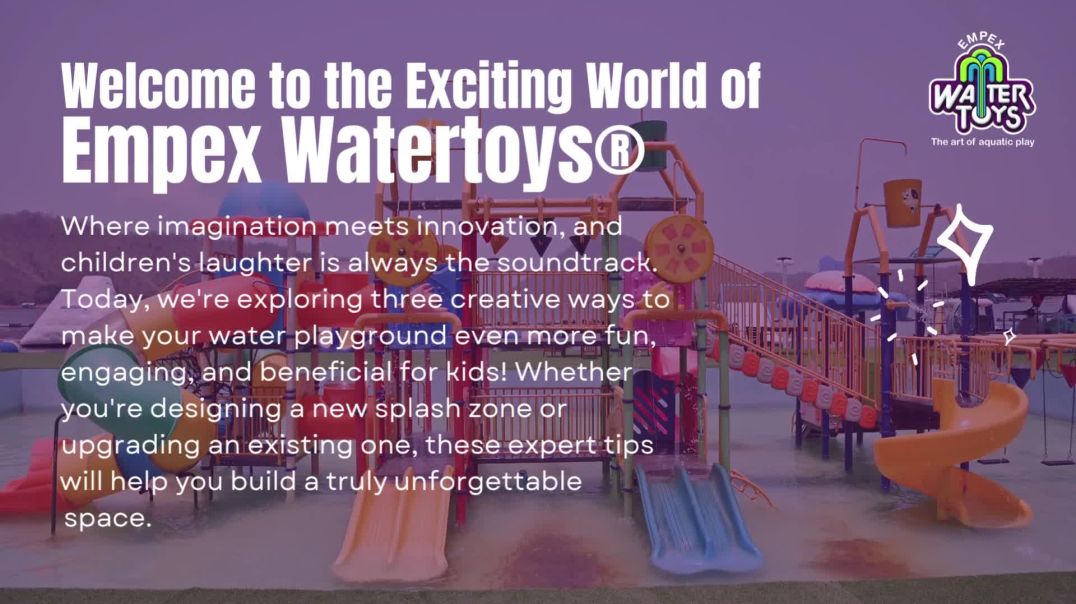In today's rapidly evolving digital landscape, video marketing has emerged as a powerful tool for businesses aiming to increase product sales. This trend is particularly relevant in New Zealand, where the digital transformation has been accelerated by the pandemic and changing consumer behaviors. With video content proving to be more engaging and memorable than text alone, it’s no surprise that New Zealand businesses are increasingly turning to this medium to capture their audience's attention and drive sales.
Why Video Marketing Matters in New Zealand
With Internet penetration in New Zealand reaching over 90%, consumers are spending more time online, making digital marketing an essential strategy for businesses. According to Stats NZ, 80% of Kiwis are now active on social media, with platforms like YouTube and Facebook being the most popular. This digital shift provides an ideal environment for video marketing to thrive.
The New Zealand government, through its Digital Economy and Communications package, has highlighted the importance of digital skills and technology adoption for business growth. This policy direction supports businesses in leveraging video content to reach broader audiences, both locally and internationally.
Case Study: Icebreaker – Crafting an Engaging Narrative
Icebreaker, a leading New Zealand clothing brand specializing in merino wool products, successfully harnessed video marketing to boost sales and brand awareness. Faced with the challenge of differentiating its products in a competitive market, Icebreaker turned to video storytelling to communicate its brand values and product benefits.
Problem: Icebreaker needed to enhance consumer awareness and trust in its sustainable practices and premium product line.
Action: The brand launched a series of videos showcasing the journey of their merino wool from farm to fabric. These videos emphasized sustainability, quality, and the unique benefits of merino wool, creating an emotional connection with viewers.
Result: Within six months of the campaign launch, Icebreaker saw a 25% increase in online sales and a 30% rise in website traffic. The campaign also boosted brand loyalty, with customer surveys indicating a higher appreciation for the brand's sustainability efforts.
Takeaway: Storytelling through video can significantly enhance brand perception and consumer engagement. New Zealand businesses can apply similar strategies to connect with their audiences on a deeper level.
Strategies for Successful Video Marketing
- Understand Your Audience: Tailor content to the preferences and needs of your target market. Use analytics to gain insights into viewer behavior and preferences.
- Leverage Social Media Platforms: Utilize platforms like YouTube, Facebook, and Instagram, which have high engagement rates in New Zealand. Short, engaging videos tend to perform well on these platforms.
- Focus on Quality and Authenticity: High-quality production values and authentic storytelling can differentiate your brand and build trust with your audience.
- Incorporate Calls to Action: Encourage viewers to take specific actions, such as visiting your website or making a purchase, to drive conversions.
- Utilize Data for Continuous Improvement: Monitor video performance metrics to refine content and strategies for better results over time.
Common Myths and Mistakes in Video Marketing
Myth: "Video marketing is only for large companies with big budgets."
Reality: With affordable technology and accessible platforms, even small businesses in New Zealand can effectively leverage video marketing.
Myth: "Long videos are more engaging."
Reality: Short, concise videos often perform better as they align with modern attention spans and mobile viewing habits.
Myth: "All videos should focus on selling."
Reality: Videos that educate or entertain can build brand affinity, increasing the likelihood of future sales.
Future Trends in Video Marketing
The future of video marketing in New Zealand looks promising, with several trends set to shape its evolution. According to a report by PwC, the growth of 5G technology will enhance video streaming quality, offering new opportunities for immersive experiences such as virtual and augmented reality. These technologies can provide unique ways for consumers to interact with products, leading to increased engagement and sales.
Additionally, as artificial intelligence continues to advance, personalized video content tailored to individual consumer preferences will become more prevalent, further enhancing the effectiveness of video marketing strategies.
Conclusion
Video marketing offers immense potential for New Zealand businesses looking to boost product sales. By understanding their audience, leveraging the right platforms, and focusing on quality and authenticity, businesses can craft compelling video content that resonates with viewers and drives conversions. As technology continues to evolve, staying ahead of trends will be crucial for maintaining a competitive edge.
Are you ready to take your video marketing to the next level? Share your thoughts or success stories in the comments below!
People Also Ask
How does video marketing impact businesses in New Zealand? NZ businesses using video marketing report 25%+ higher customer retention, according to a report by Stats NZ. Implementing this strategy can significantly enhance engagement and revenue.
What are the biggest misconceptions about video marketing? One common myth is that video marketing is only for large companies. However, research shows small businesses can effectively use video marketing with affordable technology and platforms.
Related Search Queries
- Video marketing strategies in New Zealand
- Best platforms for video marketing in NZ
- Impact of video marketing on sales
- Video marketing trends 2025
- How to create engaging video content


































GTSRomeo35
2 months ago